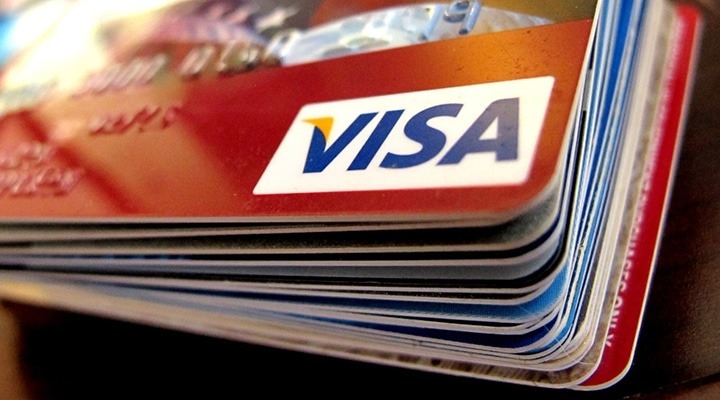After nearly two decades of legal tussle, Visa has reached a settlement with U.S. merchants to reduce credit interchange rates and cap these rates until 2030. According to the press release, this reduction in fees results in substantial savings for the merchants, predominantly small businesses, by enhancing their competitiveness in the market.
Lowering Credit Interchange Rates
Besides that, the payment giant has assured merchants that it will not increase interchange fees for at least five years. This move aims to enhance stability, allowing merchants to plan their finances.
Kimberly Lawrence, Visa's President for North America, mentioned: "By negotiating directly with merchants, we have reached a settlement with meaningful concessions that address true pain points small businesses have identified."
"Importantly, we are making these concessions while also maintaining the safety, security, innovation, protections, rewards, and access to credit that are so important to millions of Americans and to our economy."
In addition to the reduction of rates and caps, the agreement gives merchants the option to steer customers toward preferred payment methods. The settlement is subject to approval by the court.
Merchants Target Payment Giants
Recently, American Express was slapped with a class-action lawsuit filed by ten U.S. merchants in Rhode Island federal court. The suit alleged that the company has been overcharging thousands of merchants credit and debit card fees for consumer transactions across the country, Reuters reported.
Specifically, the lawsuit claimed that American Express inhibits competition through its rules, which hinder merchants from offering discounts, surcharges, or other incentives to steer customers toward cheaper payment options.
Unlike Visa and Mastercard, which abandoned their restrictive rules by the end of 2013, American Express has continued to enforce policies that allegedly stifle competition in the payment card market. Meanwhile, a similar litigation involving Mastercard is ongoing.


















